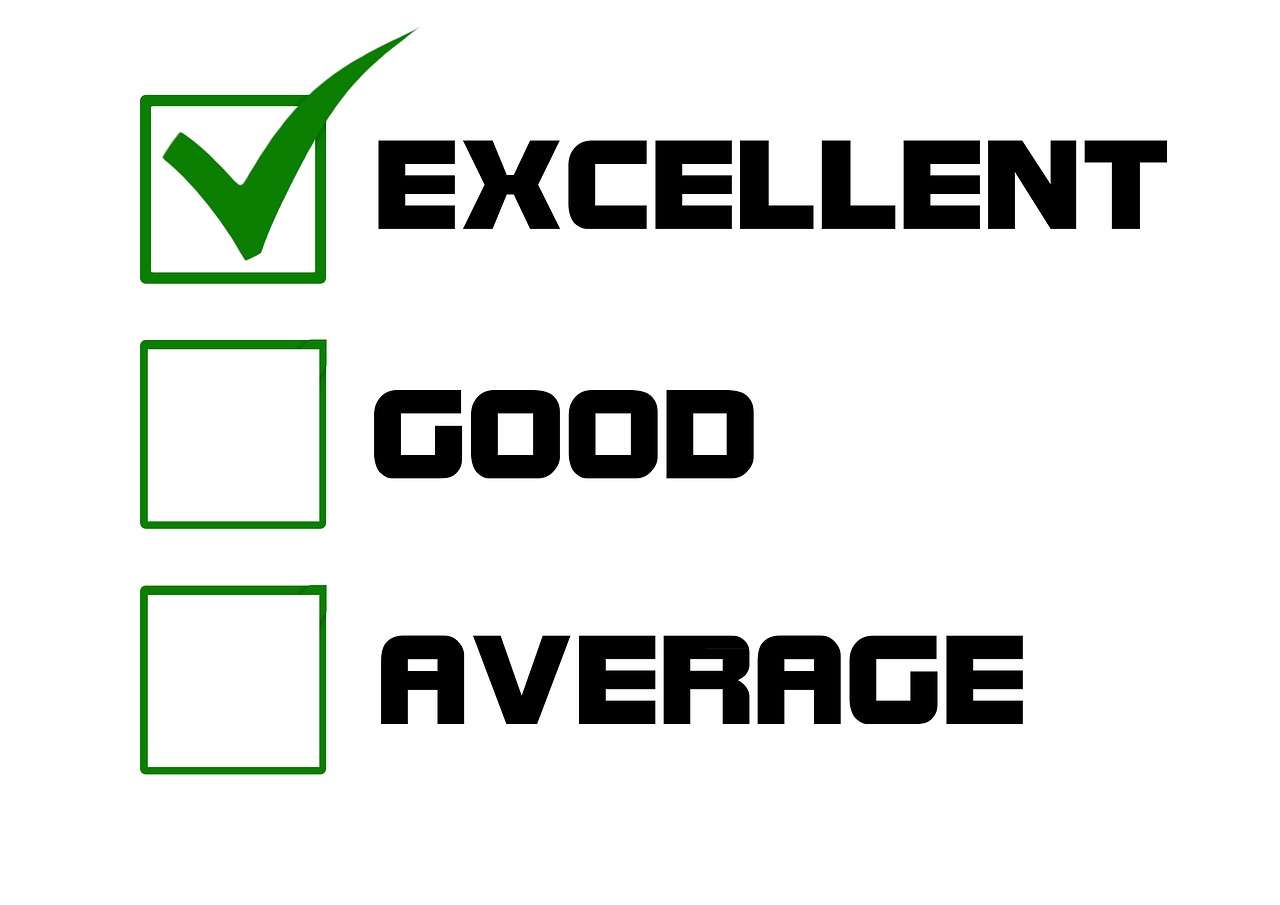Good enough…

Sometimes good enough just ain’t good enough.
Back Story
In many circumstances you will hear someone sagely suggest that doing the minimal acceptable work is advised. Anything else would be “overkill” and ill advised—that additional effort will only “slow things down”, miss the forest for the trees, and prevent timely attainment of some larger, more important goal. One hears this advice in corporate meetings a hell of a lot. To be sure, there is often some truth and value in any strategy that eschews elegance in favor of achieving results—particularly in military applications. However (and this is a BIG however), the approach doesn’t always work, as we can readily surmise from the myriad situations in which doing the minimum that is considered “good” did not exactly work out as intended. In almost every product disaster you will find that the manufacturer met minimum required safety criteria for the product class at the time the product was produced. In almost every food based disaster, you will find the same. It seems in just about every instance, the manufacturer relies on this adherence to guidelines to shield itself from liability. Forget the fact that the applicable standards of safety were likely heavily influenced by the same group of manufacturers who were required to abide by the standards. Such manufacturers invariably state that if they implemented additional (read: adequate) safeguards in their products and processes, no one would be able (or willing) to buy their products. While I acknowledge that the consumer has a part to play in demanding—and being willing to pay for—better designed products and services, this does not absolve those providing such products and services from exercising greater diligence in their design and execution practices. My purpose is not to engage in a lengthy discussion of the economics of the market or consumer protection; these subjects are too large for the present context. My only purpose is to suggest that when confronted with having to decide regarding the quality level of any output, one should consider whether good enough really is good enough.

Leave a Reply